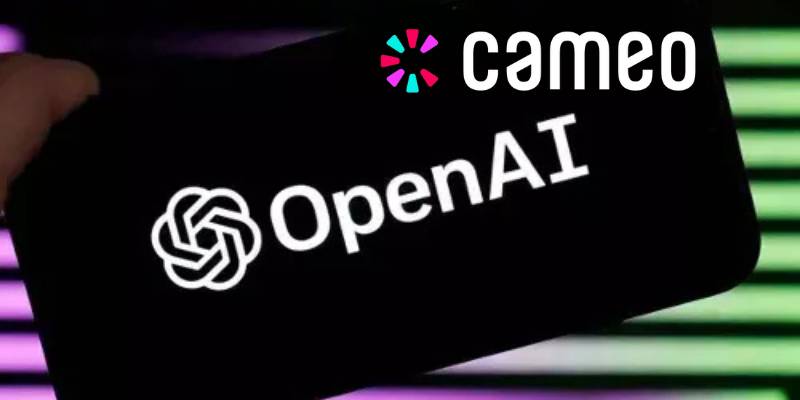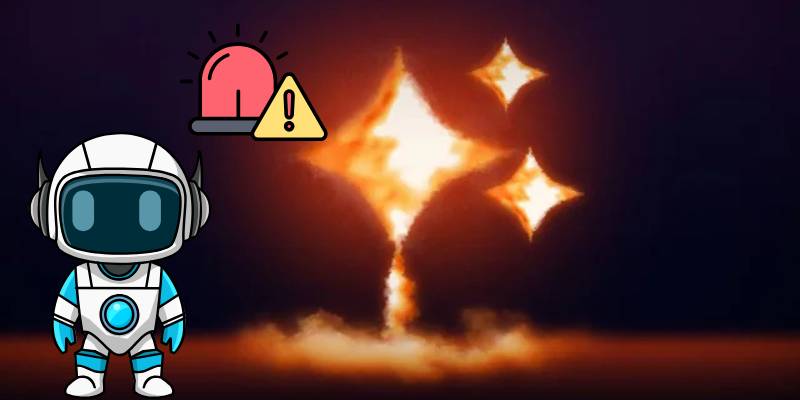
Judge Blocks OpenAI From Using “Cameo” Name as AI Video Battles Heat Up
A federal judge has come in and ordered OpenAI to stop, quoting a statutory maximum of $2 million that apparently applies when you name your product “Cameo” after a video-generation feature like Sora’s despite not actually mentioning the lawsuit but I guess having to write about it just once is too much.Irritating as hell.
That ruling was prompted by an argument from Cameo, claiming that OpenAI’s branding is a little too close for comfort – which we’ve already explained in greater depth within our coverage of the dispute between the pair and its ongoing follow-ups as well as this breakdown when it comes to Sora’s branding. You can almost hear the judge saying, “Yo, guys, pick a different name.”
There’s a part of me that wonders why large companies continue to take these bets, because the trademark concerns have been loud and obvious for years.
And the kicker is that all of this is happening at the same time that AI video tools are taking off in capability.
I just found myself reading how videomaking has been being driven forward, itself, by tech updates as seen in the launched announcement for SoulGen’s new model where they note a move towards more fluid motion and cleaner rendering in a report concerning the advances in AI based video-generating of their version 2.0. It’s drawing a broader picture: this industry is running, not tiptoeing.
Another aspect that’s harder to miss: How production cycles are changing. Creative teams that once spent hours piecing clips together are now boiling it down to minutes, a trend nicely demonstrated in a feature on the way rapid-production platforms like CrePal are changing video production as we know it.
Even when you’re moving tools that fast, lawsuits can be tough to avoid – names, likenesses, trademarks, rights of one kind or another all swirling in one big unpredictable stew.
And when it comes to unpredictability, creators themselves are entering the game younger and quicker than ever.
There are some interesting numbers from our social media obsession, including Instagram’s rise and the number of people who use YouTube on a monthly basis for their fix, plus profiles of Palo AI and the new generation of video-first startups trying to change how we watch content.
I found a piece about an ex-MrBeast staffer building an AI platform that wants to help creators makes viral clips by stalking successful videos with computer vision tech (not terrifying at all!).
The emergence of that kind of scrappy innovation right next to these heavyweight legal fights makes for a strange contrast – like watching a garage band practice outside an opera house.
All this noise about trademarks and court orders might seem like a tangent to the real story, but I’m beginning to realize it’s part of the natural growing pains.
When a tool like Sora readjusts the boundaries, it necessarily also trespasses into places where it didn’t intend to go, and companies such as Cameo aren’t exactly going to take that on the chin.
And yet, the momentum across the AI video landscape suggests we’re only seeing the first few tugs in a much larger tug-of-war.
In the end, either way, I doubt branding itself is going to make or break Sora – but this decision is just a reminder that tech doesn’t take place in a vacuum.
There are lines, rules, history and businesses that exist already. And honestly, maybe it’s reasonable to push a little in this OpenAI’s case.
If A.I. is going to rewrite how we make video, someone has got to ensure that it doesn’t also rewrite how names, identity and ownership work.





















